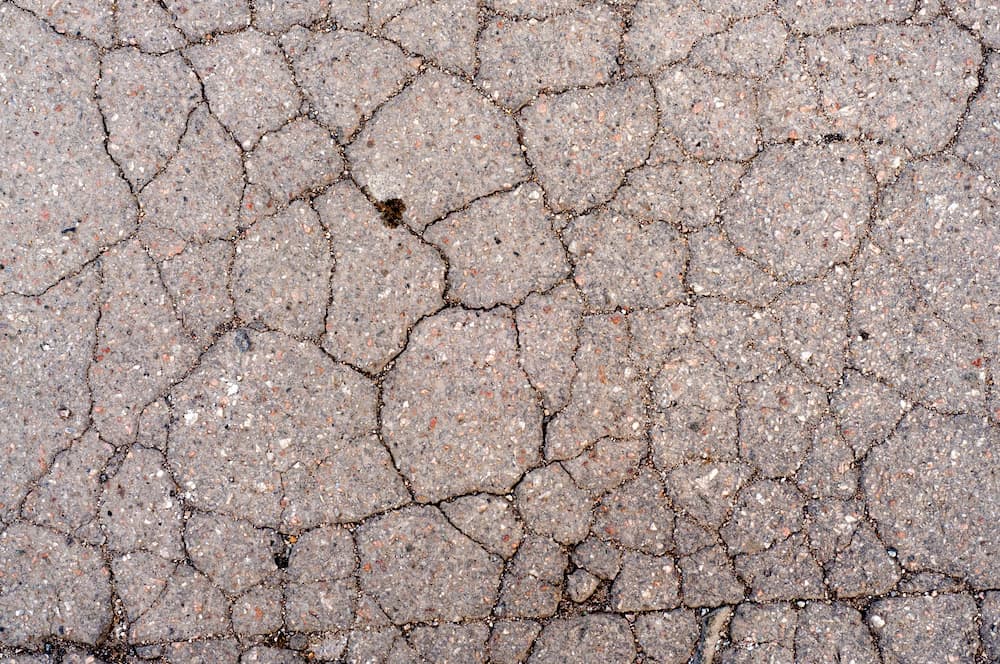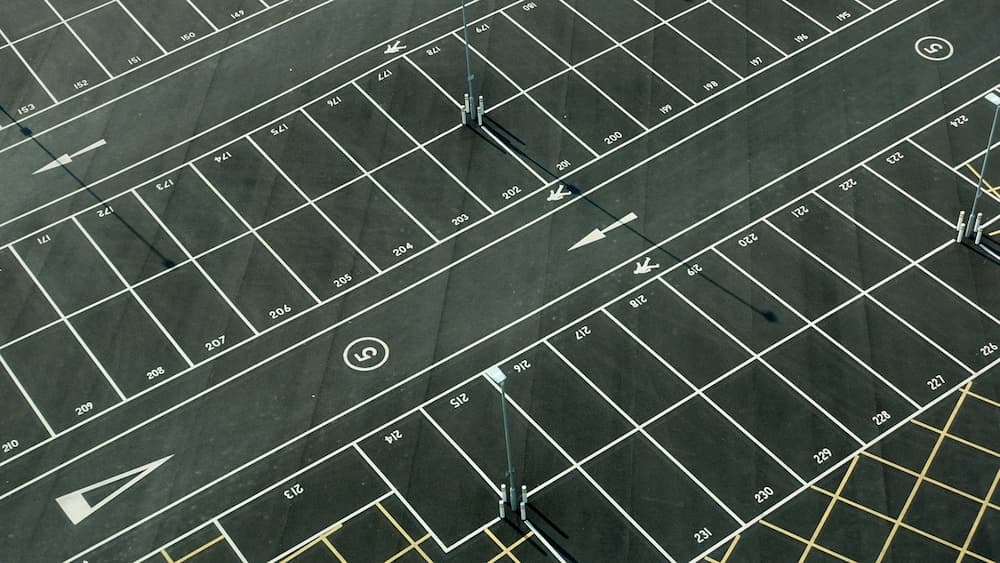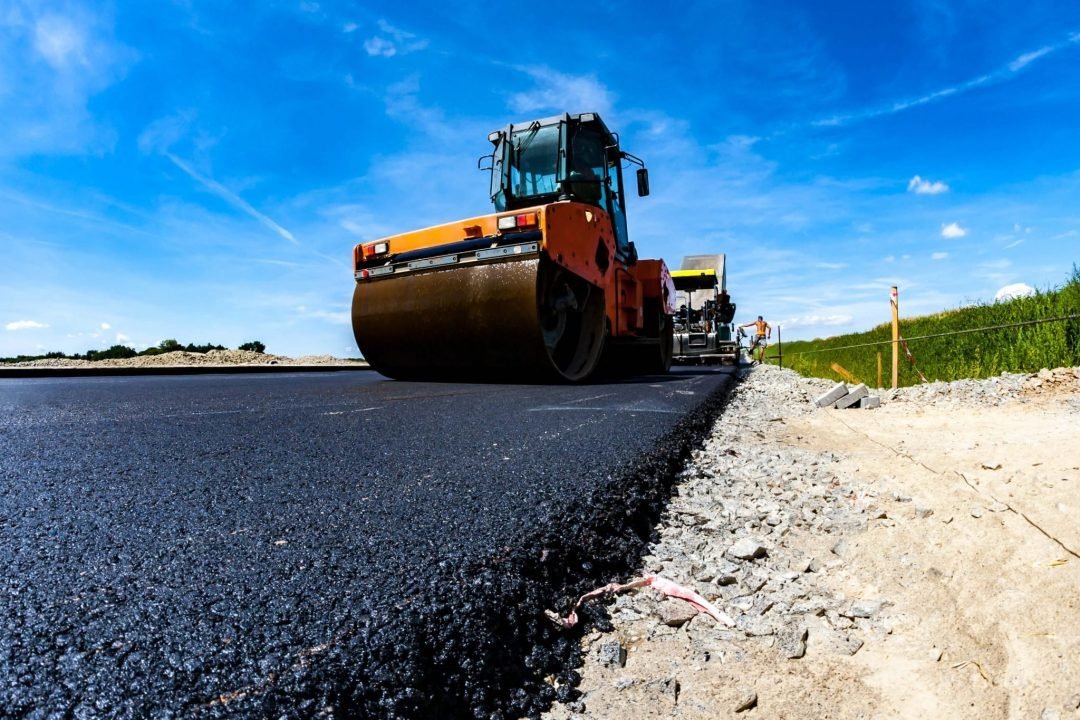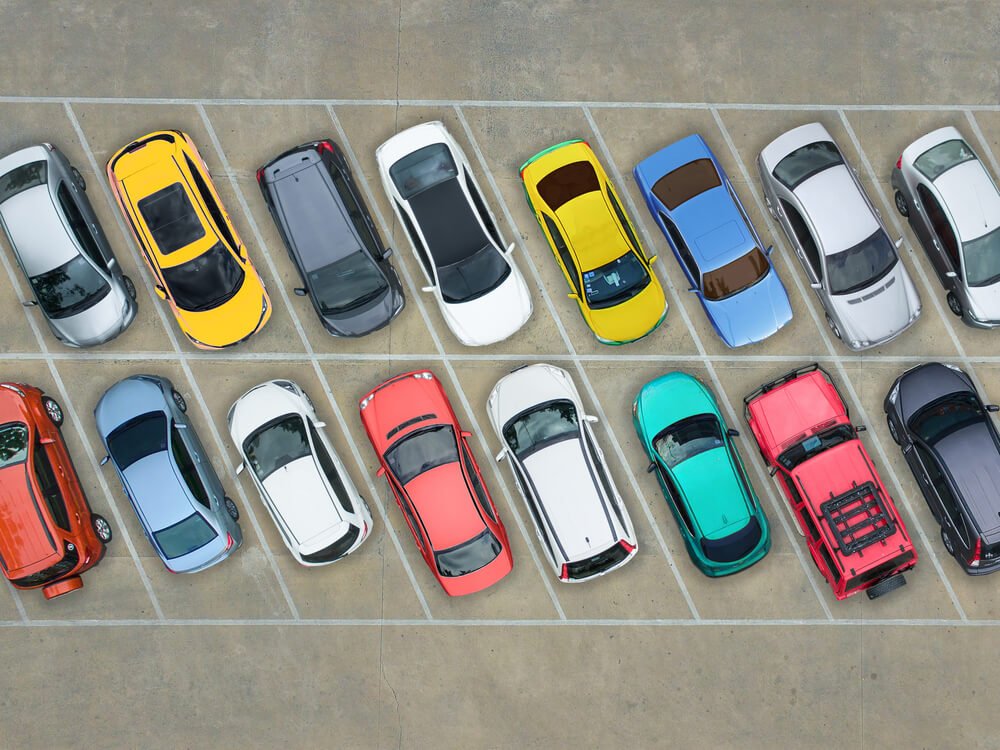Arizona State Requirements for Parking Lots
Most commercial buildings maintain their own parking lots. Whether you’re planning new construction or looking to update your commercial property in Arizona, you need to know whether your parking lot follows all the relevant state and ADA guidelines. Work with One Stop Asphalt to explore the various requirements and plan a parking area that’s safe, affordable, and long-lasting.
Arizona State Requirements
Arizona state requirements for parking lots are designed to keep customers, employees, and other visitors safe. Some requirements need to be met during the planning phase, while others are installation considerations. At One Stop Asphalt, we’re experienced with statewide requirements and various local ordinances and regulations in the Phoenix area. Here are the basic components of statewide parking lot requirements.
Statewide requirements are only one set of regulations you need to consider. Remember that cities, counties, and other areas all have their own rules, regulations, and zoning ordinances to comply with. Our expert paving team can help you navigate these various regulations and craft a lot that fits your budget and exceeds your expectations.
Necessary Permits
All parking areas require prior approval from a local building department. Your chosen parking area needs to be appropriately zoned; otherwise, you’ll need to submit a request to rezone the lot to be allowed as commercial parking.
Once zoning is handled, your construction company needs to secure construction permits and work with local inspectors to provide a safe structure. Our team handles these steps for you, so you don’t have to worry about understanding current building codes for parking lots.
Detailed Parking Plan
The state of Arizona requires a detailed parking plan before you begin work on your parking lot. Basically, this plan needs to show your line striping and how it will show customers how to park. The aisles, parking spaces, and walkways all have required minimum dimensions that you’ll need to follow. Whether you implement a 90-degree parking area or a parallel lot, we’ll help you submit the necessary parking plan.
Dust-Free Pavement
Excess dust from dirt parking lots and other materials can become a health concern, so an Arizona parking lot needs to have a dust-free material. This includes most types of asphalt and cement parking options, although decomposed granite is considered a dusted surface and isn’t included in this list. Work with our team at One Stop Asphalt to identify the best paving material that follows all state requirements.
While dust-free pavement is the only requirement, it’s far from the only material decision you’ll need to make. Compare the quality of pavement, additives, and line striping options to find out why we’re a leader among trusted asphalt contractors. The right materials reduce the risk of cracking and water damage.
Safety Features
Clear lines of vision, safety curves, and other features need to be part of any parking area in Phoenix. Work with our team to include them in your design and installation. Clear lines of vision are created by removing any obstacles near the entrances and exits of your lot. Trees, fences, walls, and other structures could make it difficult to exit the lot onto a busy street safely. An on-site inspector can help identify any potential obstacles that need to be removed.
Safety curves are ridges that prevent drivers from pulling off your parking lot. These are particularly helpful if there is a steep ditch or an adjacent private property. Safety curves shouldn’t be included in the middle of your parking lot, but our team can help you install reliable curves where you need them.
Accessible Spaces
Finally, Arizona state requirements include specifications for accessible spaces. These spaces need to be clearly marked and follow ADA requirements for safe, accessible parking. We’re committed to staying up to date on accessibility requirements, so you don’t have to worry about these particular rules and regulations.
ADA Parking Lot Requirements
Let us handle your ADA parking lot requirements. Our paving team provides the necessary number of stalls, dimensions of stalls, and features of spaces to keep your building accessible for all your customers.
Number of Stalls
There isn’t a set number of parking stalls that need to be set aside for accessible parking. However, the number depends on the total available spaces. We’ll work with you to calculate the necessary stall amount and where to place them to follow ADA requirements.
Dimensions and Features of Stalls
Whether you’re creating van accessible stalls or standard ones, the dimensions need to be larger than typical stalls. The minimum stall width is eight feet, while the minimum van-accessible width is 11 feet. The length depends on your particular location, so we’ll work with local zoning codes to find your parking lot’s required length.
In addition to dimensions, every accessible stall needs to have a reasonably flat surface, not to exceed a 1:48 slope limit. There are also vertical clearances and identification requirements, so work with our team to review all of these feature requirements before submitting a parking plan and starting your parking lot construction project.
Accessibility to Building
Before selecting the location of accessible stalls, be sure they have close access to your building. ADA requires that these spaces are the closest to the building being served. Meeting all the other requirements won’t help if your accessible spaces are on the far end of your parking lot or away from the ramp to your entrance.
Create a Safe Parking Area in Arizona
At One Stop Asphalt in Phoenix, AZ, we have the local experience and reputation you need to comply with state and ADA requirements. Request a free estimate today to find out how you can update your parking lot or expand your parking with a new surface. Work with a leader in asphalt solutions to provide your employees, customers, and clients with safe, legal, and reliable parking spaces. Contact us online or call 480-739-3018 today!
Featured Image: Shella Fitzegerald / Shutterstock






